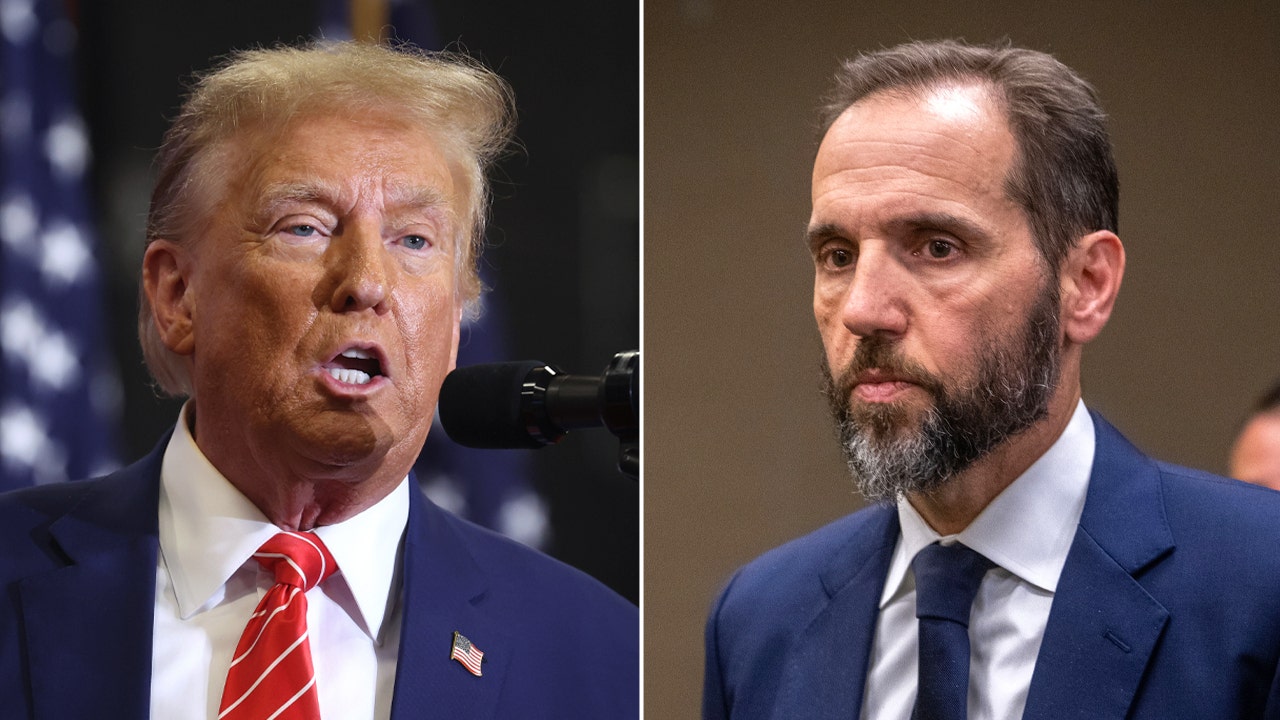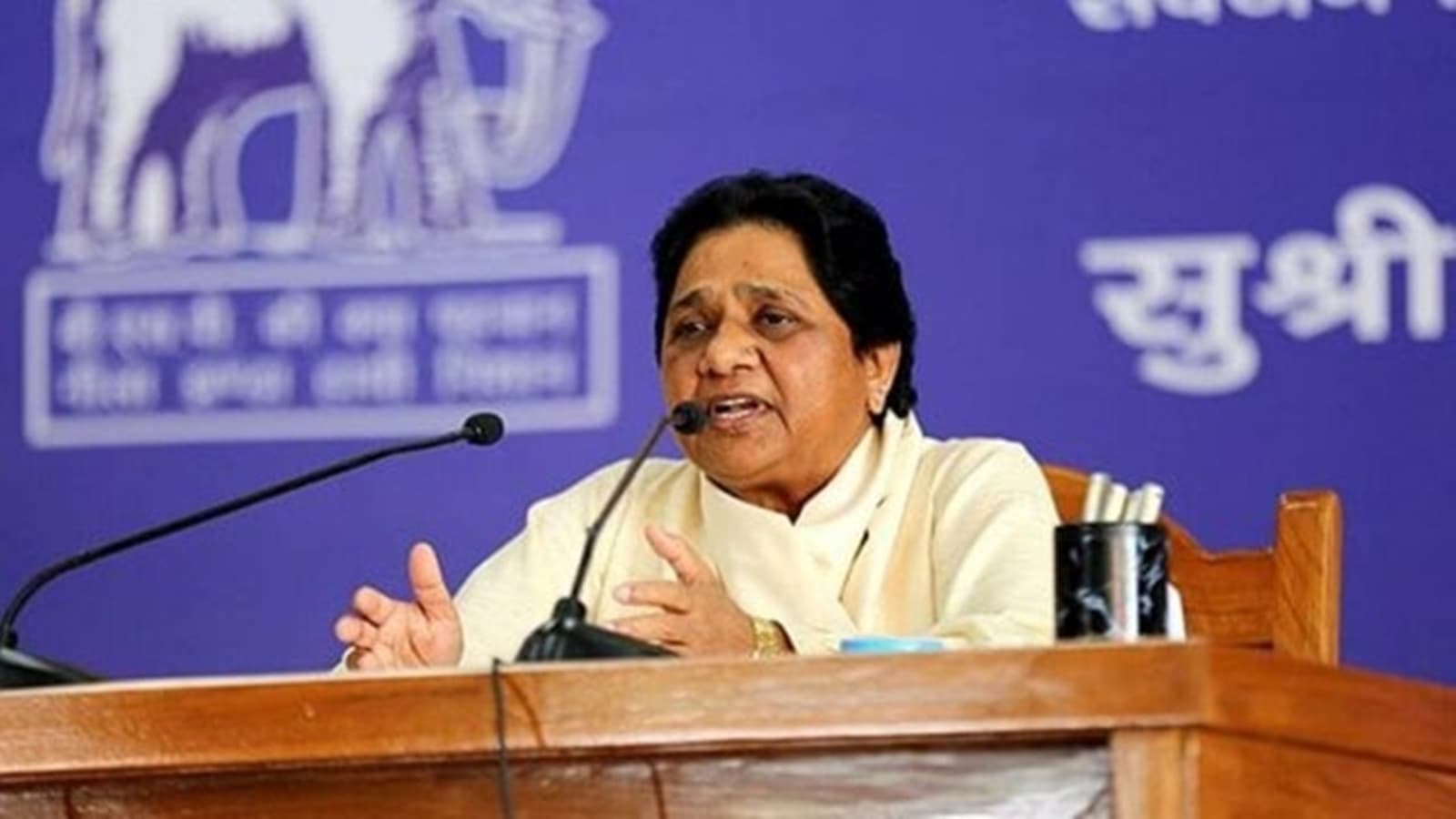Minnesota superfan Aidan Jahane Gallivan was on the hunt.
Her favorite artist Chappell Roan, a pop star on the precipice of superstardom, released a special edition vinyl of her 2023 album The Rise and Fall of a Midwest Princess. Gallivan couldn’t wait to get her hands on the collector’s item.
She ordered it, but the album never arrived. The company had gone bankrupt.
In a moment of serendipity, an ad from a company called Propeller appeared on her Facebook feed, offering a chance to not only see Roan in concert but also meet her — a fan’s dream.
But her dream came with conditions. To enter for the chance to win, she had to become an activist.
Propeller, a for-profit company that partners with nonprofits, makes activists out of everyday people by dangling fun experiences in front of them. This method proves effective for social change, with the platform boasting over half a million actions completed for the environment, LGBTQ+ rights, and racial and social justice in its annual report.
Through Propeller, users take various activism actions, like signing a petition or joining a nonprofit organization to collect points. The more points, the more chances you earn to win a trip to a music festival, meet an artist, or receive collectible items like a guitar signed by Cage the Elephant or Demi Lavoto’s outfit from the SWINE music video.
“That’s the beauty of the platform,” Gallivan said. “You’re connected to certain things that you’re like: ‘Oh, you know what? I actually want to learn more about that.’”
Nonprofit organizations, like iVoted, successfully incentivize activism by using music experiences to reward voting in local and national elections.
“Gen Z and hopefully even younger [people] want to be more politically active in general,” Gallivan said. “It’s just nice to have a way to channel it.”
Covid-19 and the murder of George Floyd in 2020 created a surge of social media activity, as people congregated via cellphones as a way to connect. Videos of a police officer kneeling on Floyd’s neck spread throughout the internet, causing uproar and protests all over the world, from Minneapolis to Los Angeles to Singapore to Senegal.
Editor’s picks
From there, social justice posts and accounts proliferated, informing people on current issues, pushing for police reform initiatives across the United States and advocating for political campaigns for progressive candidates. Instagram accounts like Impact and So.Informed have millions of followers and post daily.
With enticing graphics and bite-sized information, they made news and social issues simple and accessible. Critics dubbed this the Instagram infographic industrial complex.
When speaking to Refinery29 in 2022, Beverly Bain, an assistant professor in Women, Gender, and Sexuality Studies at the University of Toronto Mississauga, said that these social media accounts focus on consumption rather than dialoguing with the information presented.
“[Perusing these infographics] doesn’t necessarily mean that people have allowed themselves to understand their complicity and to even be aware on a day-to-day basis of what’s going on around them,” Bain said.
The way people are informed about social issues isn’t the only thing that’s changed, but how people make social change. Comments, likes, shares and views became the name of the game for social justice discussions.
Related
To increase her odds of meeting her idol, Gallivan completed around 3,000 activism actions for causes Roan supports, like donating to LGBTQ+ and women’s reproductive rights organizations, like Reproductive Freedom for All.
But, for Gallivan, it wasn’t just about seeing Roan. “They were all very progressive and very in line with things that I would want to seek out anyway,” Gallivan said.
To help boost her chances, she purchased a premium account for $5 a month to double her points. The cost for a premium account has now increased to $10 a month. She heard some people completed 10,000 entries for the chance to meet Roan, the site’s maximum limit.
Her efforts on the platform paid off, and in April, she got to meet her idol, watch Roan perform and take a picture backstage with her.
“Chappell and I also share a birthday, so it was really like… many things that kind of just came together, and I was like this is perfect, I was chosen,” Galivan said. “I feel blessed that I was still able to have a kind of experience like that.”
Ushering in a New Age of Activism
Propeller’s motto of “Do Good Stuff. Earn Points. Get Rewarded” calls into question why people need to be rewarded for their good deeds in the first place. Is the Good Samaritan still good, if they do it for a prize? Or, in the case of social good, do the ends justify the means?
Propeller employees themselves ponder these deep thoughts, said Annie Flook, manager of artist partnerships and business development.
Propeller works with artists across music, from country to pop, including Sabrina Carpenter, Jack Johnson, Justin Bieber, and Kesha.
The list goes on.
But Propeller doesn’t limit itself to music; they also partner with comedians like Taylor Tomlinson and have sent fans to the Superbowl as incentives too.
The endeavor began in 2015, led by founder Brandon Deroche, and the platform began to take off two years ago, said Flook. When the platform partnered with Lizzo, just two years after she won three Grammys, Propeller began to see serious traction, she said.
Flook said her team built a custom campaign with the singer that reeled in 40,000 fans and raised nearly $125,000 for Black nonprofit organizations and Planned Parenthood.
The rise also coincided with a fundraising campaign for Propeller, which raised nearly $150,000 for Propeller itself.
However, this year, Propeller has broken its record for fan engagement through its partnership with Roan, who supports Reproductive Freedom for All and the Human Rights Campaign as her selected causes on the platform. Almost 90,000 fans engaged with the campaign for the chance to meet Roan at the Outside Lands music festival.
In total, Propeller has raised over $10 million and generated 11 million activism actions since its founding in 2015, according to its impact report.
Opening New Doors
Gallivan said that she would have sought out the causes she contributed to anyway, but the nonprofits themselves know that’s not the case for everyone. With the rise of Gen Z, who grew up on the internet and with Instagram and TikTok, traditional outreach from nonprofits might hit some walls when trying to connect with younger audiences.
Dane Grams, vice president of membership for the Human Rights Campaign, said his organization’s partnership with Propeller shows what is possible in the nonprofit world.
Grams said that in the past HRC would host dinners around the country for its members and the LGBTQ+ community to foster engagement with the organization. That model was well-suited for a different generation.
“They’re not accessible to everybody,” Grams said. “That generation of HRC members are really starting to age, and so I think we need to prioritize bringing young people on.”
In-person outreach may be effective to reach older generations, but delivering an Instagram ad is equivalent to knocking on the front door for younger generations.
Since their partnership in 2021, Propeller helped recruit over 500,000 supporters and 18,000 monthly donors for HRC, Grams said.
“They combined these digital campaigns with the powerful voices of these advocates to open a door to people who might not otherwise engage,” Grams said.
Propeller brings together nonprofits, artists and their fans, leading to increased activism engagement, potential rewards for fans and social good. Propeller brings in its revenue by providing membership subscriptions for its users, charging a fee to partner nonprofits and collecting up to a 20 percent fee on donations facilitated by the service.
But what do artists get?
Flook said Propeller creates all the marketing for the campaigns and shares all the fan data they collect with artists, giving them a major incentive to join the platform. With 2 million registered users, Propeller offers nonprofits and artists a new pool of potential supporters. So, while some may question if a fan really supports LGBTQ+ rights or just wants to meet Justin Bieber in Paris, artists partnering with Propeller may be driven by more than social good too, Flook said.
“We can build the assets for you, we can market, we can reach out to your audience,” Flook said. “But we cannot create authenticity on behalf of an artist.”
For some artists, like Mike Calabrese from indie-pop band Lake Street Dive, their activism is like their art: an expression of themselves.
Lake Street Dive’s song about the climate crisis, “Making Do,” is just one way they use their platform to inform and share causes they care about.
The band partnered with Reverb to reduce their carbon footprint on tour and worked with Headcount to encourage voter registration. Lake Street Dive also partners with Propeller to raise support for Everytown, a nonprofit for gun control, a topic that hits home for many parents with young children, like Calabrese.
Calabrese said he wrote a climate crisis song as a way to process the grief surrounding the reality of the issue. He feels the most authentic when he shares the causes he cares about alongside music.
“I think they’re bound with each other in certain ways, and in that sense, it feels like an extension of our creative selves to talk about things we care about,” Calabrese said.
With artists becoming activists in their own way, they inspire those who love their art, but Calabrese said he wished “no one had a hard time becoming politically involved.” While Propeller’s form of incentivized activism is gaining traction, nonprofits, and artists alike said they hope this isn’t the only way forward for activism.
From Past to Present
Experts on activism and celebrity influence have differing opinions on the best way to advocate for social change.
Regina Birdsell, director of the nonprofit leadership program at the University of Southern California’s Price School of Public Policy, weighed in on the essence of nonprofit activism.
“You get the community to make noise and really think strategically about how to get attention for your cause and make it impossible to ignore,” Birdsell said.
She said the visibility of a celebrity or a special event can draw more people to a specific cause. However, she warned that a celebrity’s intentions may not always be genuine when working with a nonprofit.
“I would say almost be careful about those relationships. Sometimes, depending on the situation with a high profile person, they would benefit from attaching themselves to a cause,” Birdsell said.
Another expert, Mark Harvey, an associate professor at the University of Saint Mary in Kansas and director of its Master’s in Business Administration program, studies celebrity influence on issue-based advocacy.
Harvey said a celebrity’s influence can be significant for a cause or nonprofit organization since they raise the profile of an issue with their influence on the mainstream media and culture.
“They have the potential to be very persuasive,” Harvey said.
He said exposure is a prominent factor when it comes to activism and encouraging support from people. He said a celebrity’s position and influence can exceed the power and authority of politicians, and they can change people’s minds and attitudes.
Taylor Swift endorsed Kamala Harris for president last month on her Instagram, encouraging her fans to support “LGBTQ+ rights, IVF, and a woman’s right to her own body.” On the other hand, Roan said publicly that she would vote for Harris but would not endorse her campaign, citing her belief that the Biden Administration has not taken enough action to secure a ceasefire in Israel and Gaza.
An endorsement, or not, continues to be an ever-important asset during election season.
A Way Forward
According to Pew Research Center, two-thirds of the eligible voting population voted in the 2020 election, making it the highest turnout rate since 1900. However, that means one-third of eligible voters did not vote.
Organizations like iVoted are aiming to increase voter turnout. It works by incentivizing voters with some of the people they admire most, like their favorite musicians.
Participants show up to an iVoted concert venue — Billie Eilish and even NBA player Stephen Curry have graced the iVoted stage — and get in free by showing a selfie outside a polling place. The first year iVoted launched, it had 150 venues across 37 states, and in 2020, iVoted held the largest digital concert in history at the time.
When iVoted founder Emily White saw that some officials were elected with as few votes as people who could fit in a basketball arena, something clicked. With White’s extensive career in the music industry as a tour and artist manager and host of a top music business podcast, “How to Build a Sustainable Music Career and Collect All Revenue Streams,” she said she leverages her industry connections to make the changes she wants to see. Like Calabrese of Lake Street Dive, she said her work is an extension of her values and passion.
But iVoted is not just getting artists who seem popular among young people. It’s scientific.
White said iVoted works with Johns Hopkins University to estimate the impact artists will have on voter turnout. First, they analyze data that shows the top trending artists in each area. Then they see which states or regions need more voter turnout. From there, they figure out which artist would increase turnout the most.
Data-driven tools like these allow organizations and artists themselves to see precisely the impact they can have, she said.
Organizations like Propeller and iVoted aren’t the only ways nonprofits utilize social media and digital platforms to promote activism. Programs like Rewrite the Future from the Natural Resources Defense Council (NRDC) also reach beyond what is traditionally thought of as activism. With Rewrite the Future, NRDC brings its expertise on the climate crisis to the entertainment industry by consulting entertainment companies and creators on how to share stories that reflect the current state of the climate.
NRDC’s panels at Sundance Film Festival feature Hollywood creatives, like executive producer of “The Handmaid’s Tale,” Dorothy Fortenberry, and creator of “The Affair,” Sarah Treem. In the panel, “Beyond Apocalypse: Alternative Climate Futures in Film and TV,” they discuss ways the entertainment industry can weave the climate crisis into storytelling.
In the fast-paced world of the internet, nonprofits like the NRDC adapted to new algorithms and applications like TikTok. According to Kim Morasse, manager of entertainment partnerships, NRDC stays tapped into trending conversations to engage supporters online and stay relevant.
And now, incentivizing activism through Propeller is another way for nonprofits like NRDC to keep their causes top of mind. For some, getting rewarded for social good may seem like false altruism. For others, the ends justify the means.
Trending
“It almost makes me mad that they have to do it this way,” Calabrese said. “But what I love about it is that they’ve undermined the order of things, and they’ve empowered the connection between artists and the feelings of activism that people have.”
“In that way, I think it’s incredibly creative,” he added. “For us. For everyone.”

 2 hours ago
1
2 hours ago
1
















.png)

.png)
.png)
.png)













 English (US) ·
English (US) ·  Hindi (IN) ·
Hindi (IN) ·